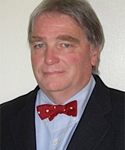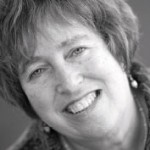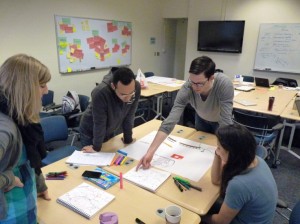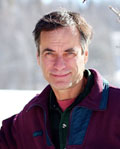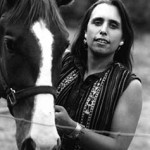
by Marcq Sarratt
At the Bioneers Conference this year, one interesting panel was Built to Last: Housing for the Post-Carbon Age. Creating a sustainable future cannot come from a single source of innovation or policy. Bottom up changes in daily paradigm for most people combined with top down policy measures are both going to be necessary to bring about the kind of change that will be needed to bring humanity safely into the twenty second century. In the middle of policy and grass roots change, are architectural revolutions in economy and efficiency that also contribute greatly towards limiting resource consumption and bringing about healthier more resilient communities.
Matt Taecher is a city planner at Dyett & Bhatia with an information technology background. Reminding us all that for most of civilized history we lived just fine without personal motor vehicles and “we (still) have feet”. His focus was on nodal urban density projects focusing on multi-use building clustered around existing transit systems. His vision is to change urban zoning laws to accommodate the highest efficiency use of space. While that may sound cramped, green spaces he stressed also play important roles not only for aesthetic purposes, but also for bio-remediation services like chemical laden street rain water run-off. By adding easements for bio-accumulating plants, and dividing driving lanes from pedestrian traffic, not only do you reduce waste water treatment costs but you make for more walk-able neighborhoods.
Kathryn McCamant and Charles Durrett, work together as architects and developers at The CoHousing Company, where they focus on creating community by “taking the cars out of the middle”. The actual design elements were remarkably efficient. By sharing some resources, like radiant heating for example, into the initial building design, the overall cost for the end user is dramatically reduced. Furthermore, building with a focus on energy efficiency instead of personal luxury, they created highly livable spaces that are more naturally appealing than any single family dwelling I have ever seen. For the small price of relegating your car to an adjacent lot instead of directly in front (or in) your home, brings immeasurable value of community right to your door step.
Rachel Kaplan does not understand why anyone still has a lawn. This prime real-estate and its water resources are much better suited for a permaculture food forest that could be augmenting the family dinner. Or why are building owners letting the roof top of some business cost them money by driving up the heating and air conditioning costs when it could become a half acre monoculture crop land that simultaneously adds insulation. Urban farming not only supplies fresh fruits, vegetables, eggs, and honey to the nutritional wastelands of inner cities for too long dominated by fast food and convenience stores, it also drives community involvement through one of the first civilizing human practices, growing food.
One thing is for sure, there is no silver bullet for creating a sustainable future. It is going to take responsibility from policy makers and individuals. Thankfully no one has to go it alone. With a focus on strengthening community and streamlining efficiency, accepting the challenges of a post carbon economy has never been easier. The future of our nation, and even our planet depends on it.

